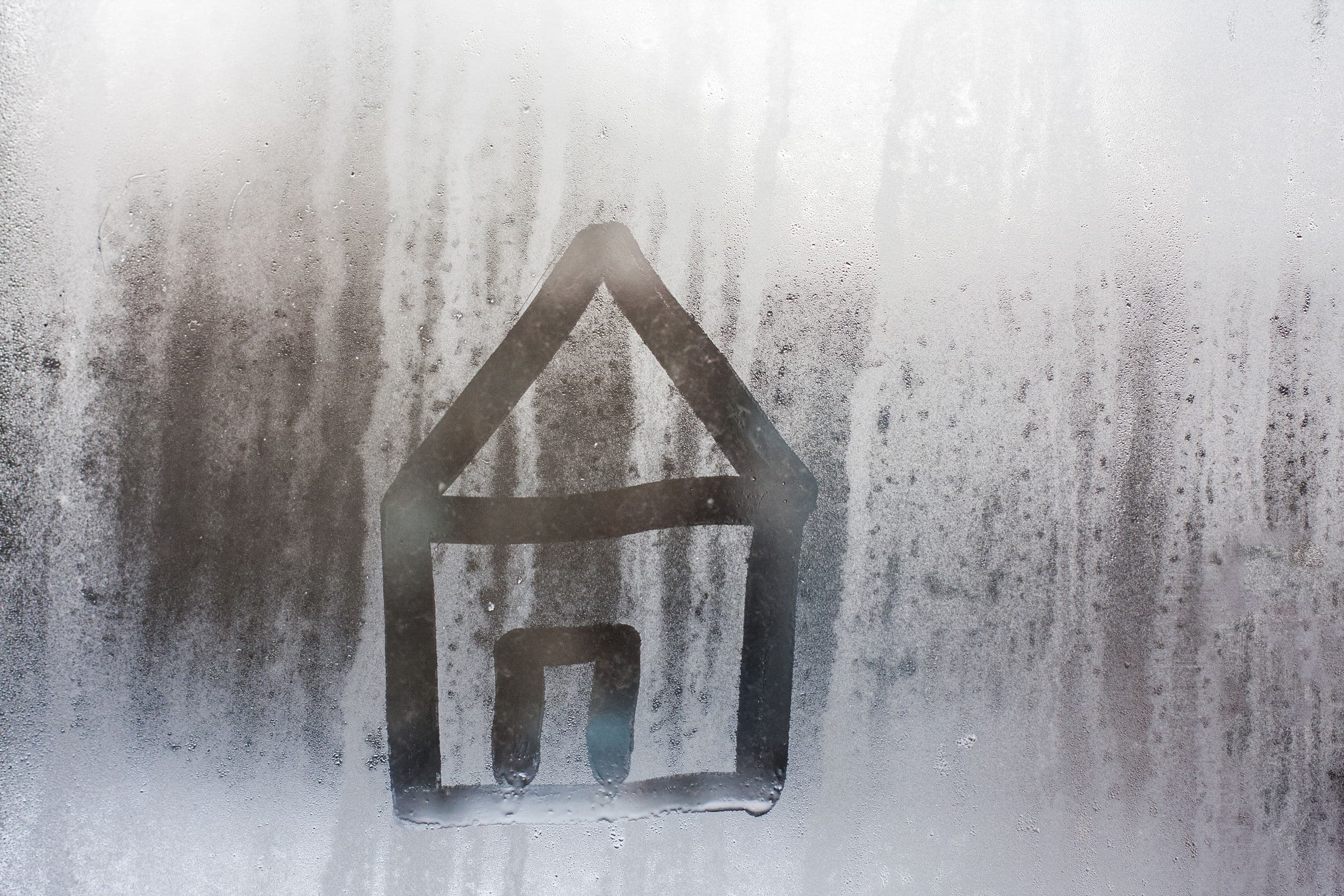Rain, Rain, Go Away- 5 C’s To Protect Your HVAC System In A Storm


So, what can you do to plan for stormy weather? We have compiled a simple checklist of five steps to protect your HVAC system:
Cover with Canvas
When it’s pouring outside, do you leave the house without a raincoat? Well, your HVAC system could use one, too! The easiest way to protect your system from the harsh weather of a storm is to provide a layer of protective material. Many retailers, especially those online, offer thick canvas covers that are designed to fit your specific system. Most are made of durable material that can be used for many years.
If prefer to DIY, you can create your own cover out of canvas and tie it down tightly.
Cut the Power
If a storm is powerful enough, it can cause a power surge. If that happens, your system could be damaged and your home could be at risk. Plan to turn off your HVAC system during the actual storm to avoid damaging your equipment. If it is safe to do so, consider unplugging the A/C itself and even turning off the breakers to prevent damage.
Clear the Area
If the weather report shows signs of rain or harsh winds, take a look at the area around your outdoor unit. Is there anything that could come loose and knock into your equipment?
Take a moment to clear any debris around the unit. Try to provide at least three feet of cleared space. If there is vegetation around the unit, make sure all branches are trimmed. Loose gardening tools, bikes, and toys should be stored, whenever they are not in use. For additional preparation, you may want to tie down any outdoor furniture that will remain outside during the storm.
Check It Out
Once the storm has passed, perform a quick check for damage before plugging the unit back in or turning it on. Look for punctures, dents, pooling water, embedded material, etc. One of the most important things to check for is loose power lines or wires. But if you see any, do not touch them. Please immediately contact an HVAC professional.
If you have concerns about any unseen damage to your system, check with a technician before resuming use. A quick service call can prevent any further problems down the road.
Consider Location
If your equipment is damaged during the storm, ask yourself if this is the first time it has happened? If it’s not, then you may want to consider changing the location of the unit to prevent similar problems during future weather events. Elevating the unit will help to prevent flooding, moving it to a more protected part of the yard will prevent impact damage. If moving the unit seems like too much of a hassle, consider installing a more permanent covering to prevent future damage.
Spending time prepping your HVAC system for a storm will help ensure that your home, equipment, and family will be safe and comfortable. For more information or to schedule a maintenance appointment, please call 800-994-2577.

